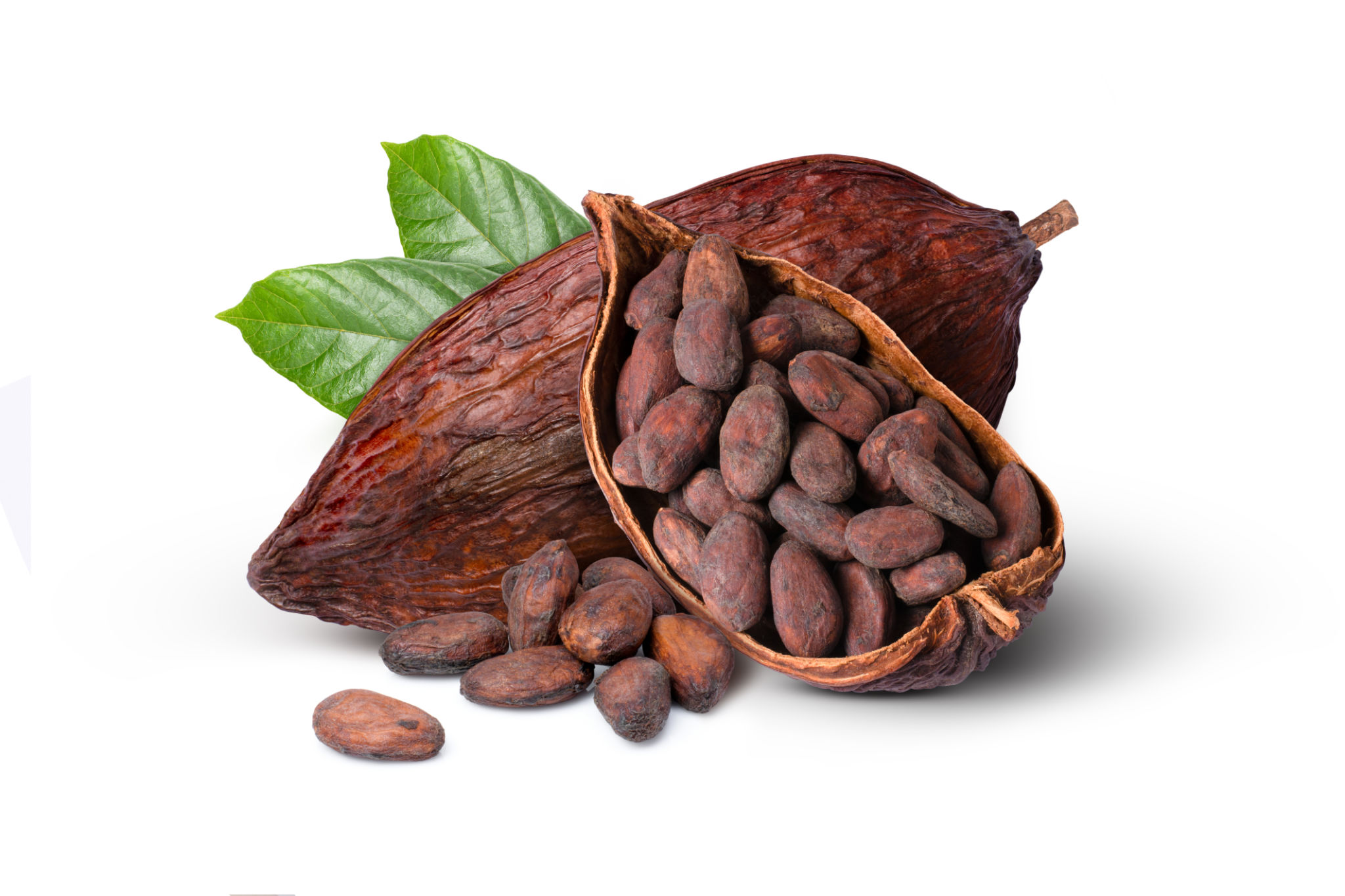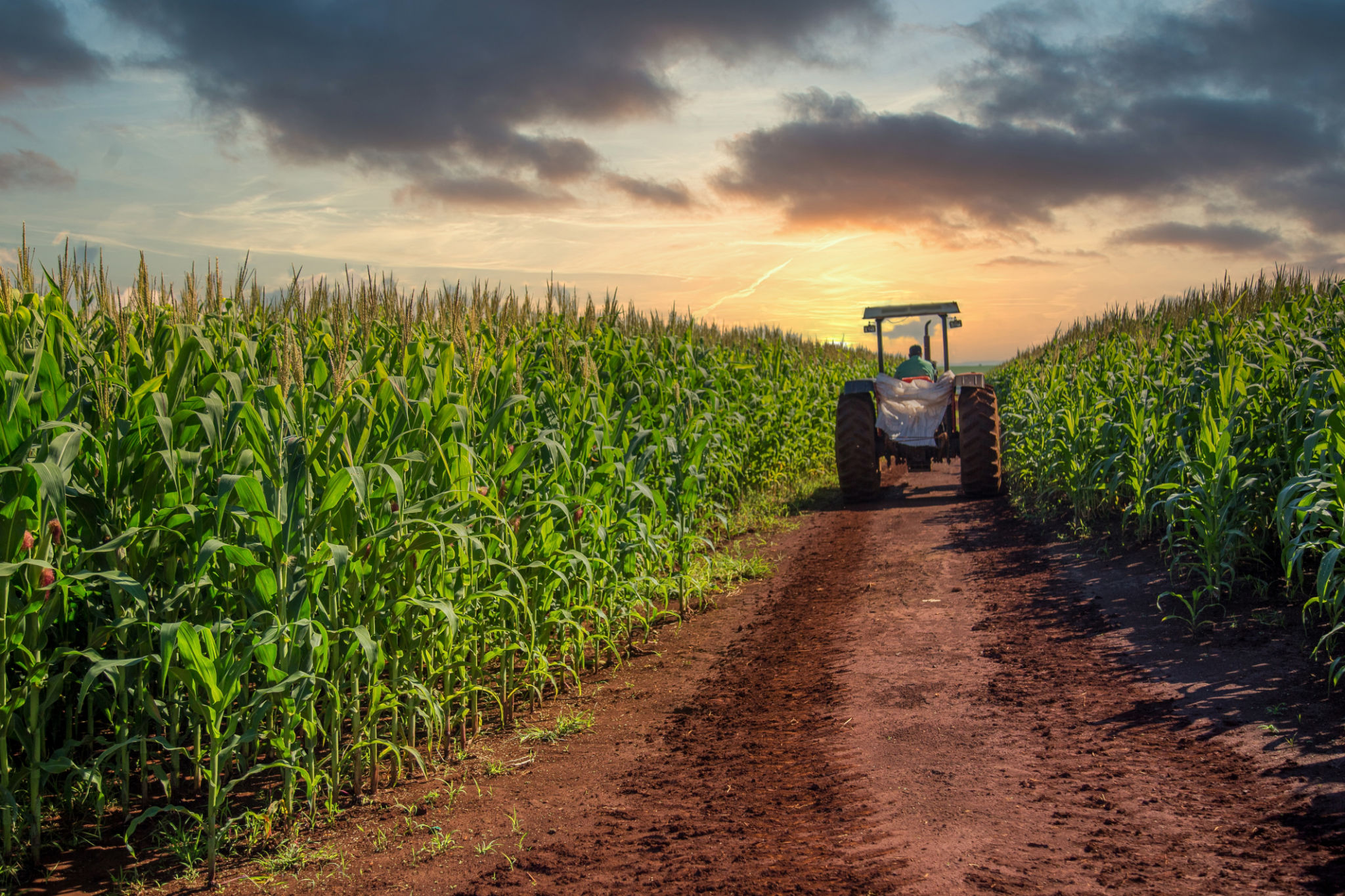Seasonal Insights: Importing Brazilian Coffee and Cocoa
Understanding the Brazilian Coffee and Cocoa Market
Brazil is renowned for its rich and aromatic coffee and cocoa. As the largest global producer of coffee and a major player in the cocoa industry, Brazil offers unique opportunities for importers looking to capitalize on the demand for high-quality beans. Understanding the seasonal patterns of these commodities is crucial for maximizing their potential.
The Brazilian coffee harvest season typically runs from May to September. This period sees a surge in exports, making it an ideal time for importers to stock up on fresh beans. Cocoa, on the other hand, has two main harvest seasons, with the main crop being harvested from October to March.

The Importance of Timing in Importing
Timing is everything when it comes to importing Brazilian coffee and cocoa. By aligning your import activities with peak harvest times, you can ensure access to the freshest, highest-quality products. This can not only enhance your offerings but also provide a competitive edge in the market.
During harvest seasons, prices tend to be more favorable, allowing importers to secure better deals. However, it is also essential to consider the logistics involved in importing goods from Brazil, such as shipping times and potential delays.
Navigating Import Regulations
Importing Brazilian coffee and cocoa requires navigating a complex web of regulations and standards. Understanding these requirements is essential to avoid potential pitfalls. Key areas to focus on include:
- Customs documentation: Ensure that all paperwork is in order to facilitate smooth clearance.
- Quality standards: Adhere to international standards for coffee and cocoa quality.
- Tariffs and taxes: Be aware of any applicable import duties or taxes that may affect costs.

The Role of Sustainability
Sustainability has become a significant focus in the coffee and cocoa industries. Importers are increasingly expected to source products that are ethically produced, with minimal environmental impact. Brazil has made strides in promoting sustainable practices in both sectors.
Many Brazilian producers are adopting eco-friendly farming methods, such as shade-grown coffee and integrated pest management in cocoa plantations. Importing from sustainable sources not only aligns with consumer expectations but also contributes to global sustainability efforts.
Building Strong Relationships with Brazilian Suppliers
Establishing strong relationships with suppliers is crucial for successful importing. Engaging directly with Brazilian farmers and cooperatives can provide valuable insights into production practices and market trends. It also ensures a reliable supply chain.

Attending trade shows and industry events can also be beneficial. These platforms offer opportunities for networking and learning about new developments in the Brazilian coffee and cocoa markets.
Conclusion: Embracing Opportunities
Importing Brazilian coffee and cocoa presents exciting opportunities for businesses looking to enhance their product offerings. By understanding seasonal insights, navigating regulations, prioritizing sustainability, and building strong supplier relationships, importers can effectively tap into this vibrant market.
With its rich flavors and commitment to quality, Brazilian coffee and cocoa are poised to remain favorites among consumers worldwide. Embrace these opportunities to deliver exceptional products to your customers.